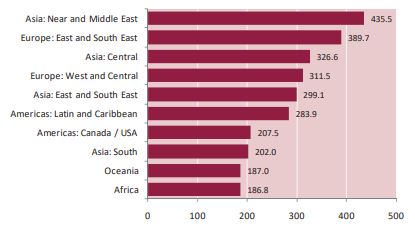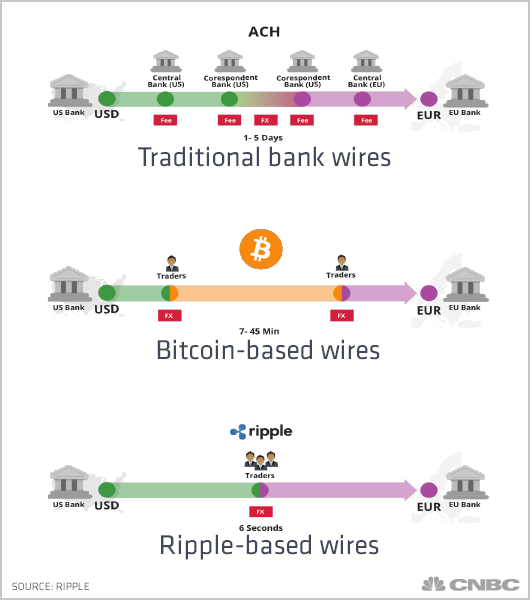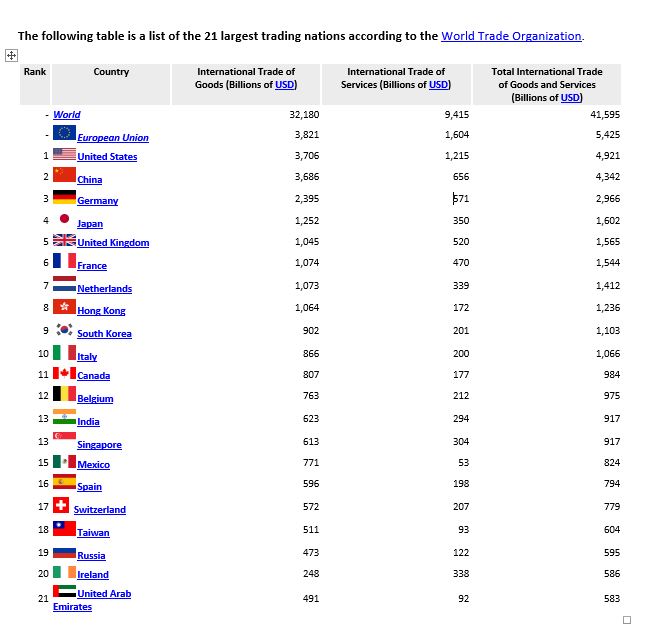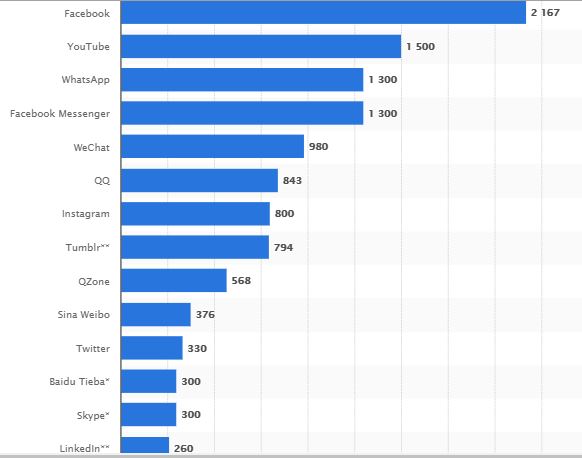The latest abbreviation in the finance and crypto-world is ‘ICO’. This word, however, gives global financial authorities like the U.S. Securities and Exchange Commission (SEC) nightmares for several reasons.
Not to be confused with Initial Public Offering (IPO) which is used by firms to raise cash through the issuing of shares to the public. An ICO (Initial Coin Offering) works like crowdfunding, but for digital currency and tokens.
We recently covered a feature on raising funds and capital for a business but missed out on one relatively new method. Many companies are using ICOs to raise capital for their businesses.
Why ICOs?
The concept of an ICO works similarly to how a company raises capital through shares in that it is all based on contrived value.
Funding raising in effect boils down to sales! If your actual product or service has nothing substantial or intrinsic to offer a client base, then it is nothing more than a scam.
Launching an ICO is quite easy, and to an extent, many tech companies are now catching onto it.
An ICO is the cryptocurrency space’s rough equivalent to an IPO in the investment world. ICOs act as fundraisers of sorts; a company looking to create a new coin, app, or service launches an ICO.
Investopedia
If you still do not believe it is possible, just listen to this testament from someone who did it after unsuccessfully knocking on the doors of conventional funders.
The alarming spurt rate of ICOs often brings with it a scourge of potential scammers. The SEC and other institutions have to step in to monitor and regulate them.
Social media platforms like Facebook and Google – which house a bounty of users (potential investors) have banned ICOs ads due to possible prey on unsuspecting investors; exposing them to con artists.
Basically, the scammers use fancy websites, laden with impressive figures and terminology to con users into buying into their coins or tokens.
Though the tokens barely even cost a cent, it adds up if they have millions of people buying in. Once they have reached a certain amount in funding – they close shop and disappear!
To create a new digital coin:
Create a product concept or Business Plan for the coin or what is called a Whitepaper. This describes in great detail what the coin or token aims to do; the core technologies behind it; the team and their qualifications; the product’s lifecycle/growth path etc.
Once completed and water-tight, the whitepaper would be submitted along with an application to one of the best Cryptocurrency Exchanges for review.
Naturally, you would need some initial working capital for liquidity. Some of this is raised through your savings and others through institutions (via loans etc).
You must then assure your investors of a solid return on investment (ROI) and deliver – which goes back to sales. Unless your offering is a scam, you actually need to do some work!
This assurance comes via regular updates (marketing campaigns can have a tremendous or adverse impact on the uptake and price) on milestones reached.
The updates are also necessary to keep your investors abreast with progress and might convince them to increase funding.
Growing interest and the addition of more funds create demand for the coin/ token which, in turn, drives up the price and market capitalization.
Most successful ICOs of all time
NEO:
Known as “China’s Ethereum”, and backed by Microsoft, Alibaba and the Chinese government, NEO uses smart contract applications. It does so, however, with the addition of decentralized commerce, digitized assets and identification.
It enjoyed a considerable hike in token value from $0.03 to $88.20, NEO has big things coming with a 294,000% ROI.
Ethereum:
Unlike Bitcoin, the second-most valuable cryptocurrency in the world has more functionality than just being a coin. Its ledger technology is used to build and deploy decentralized applications a.k.a. “smart contract” technology.
Ethereum’s ROI has been nothing short of jaw-dropping at 230,000%. Having sold its tokens at $0.31, an Ether token now sits at a whopping $713, second in value only to Bitcoin.
Spectrecoin:
The “premier privacy-focused cryptocurrency” enables users to send and receive currency worldwide with total anonymity. It is currencies like SpectreCoin that have most government tax offices quaking in their boots.
If you had repurchased a token in November 2016, that puny $0.001 would be worth $0.64 today, or an ROI of 64,000%.
Ark:
With Ark, collaboration is the name of the game. The platform’s SmartBridge is a lightning-fast ecosystem designed to integrate other cryptocurrencies into its blockchain.
Investors were eager as any to buy in, and they have made a 35,400% gain given today’s token price of $3.54.
DigixDAO:
DGD, which stands for Digix Decentralized Autonomous Organization, is a self-governing community. It gives out grants to different projects which will promote the growth of the DGX network.
At a current value of $346.88 per token, this gives them a return of 10,722%.
Quantum (QTUM):
QTUM is an open-source value transfer platform which focuses on mobile decentralized apps or Dapps. QTUM is the world’s first proof-of-stake smart contracts platform.
They hosted a highly successful ICO in March 2017, and since that time has seen an ROI of 6,400%.
Source: investinblockchain.com
In conclusion
The prospect can be daunting for a cryptocurrency investor looking to make money off new investment opportunities while remaining cushioned from fraudulent ICOs and dodgy coins and tokens.
As there is no guarantee that any cryptocurrency or blockchain-related start-up will be genuine or successful.
You simply need to be vigilant and take steps such as getting to know the core team, poring over the whitepaper with a big magnifying glass. Naturally, you should be monitoring the progress of the token sales.
Most importantly, you must just use common sense to gauge just how feasible the project is to ensure that you’re not falling for a scam.




















